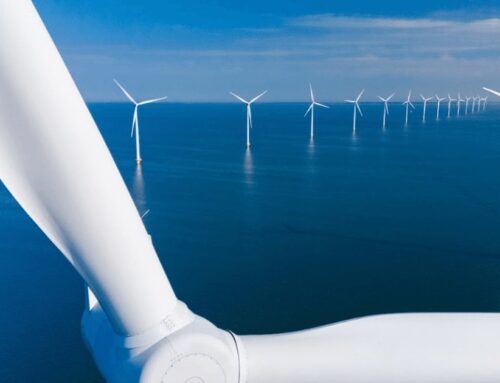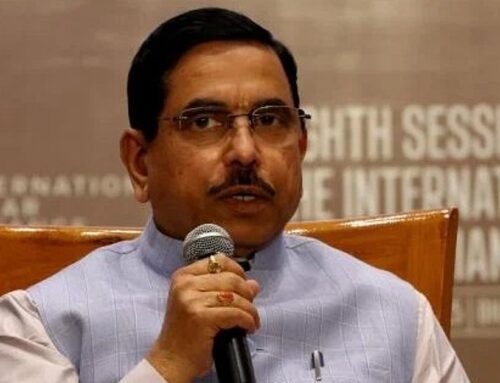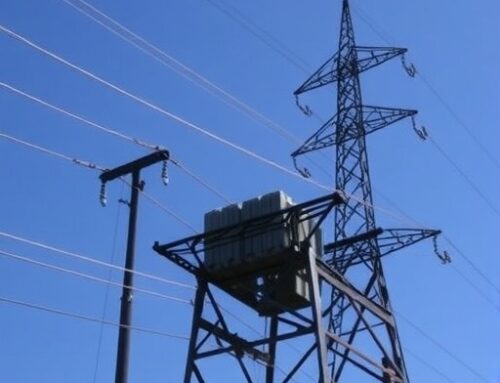FDU Poll: Partisanship Affects Voters’ Views on Fixing High NJ Energy Costs
October 28, 2025
New Jersey voters have soaring energy prices on their mind, and while the majority supports just about any proposal that will reduce their power bills, a new poll out Tuesday shows the level of support for six proposed solutions largely breaks down along political party lines.
The Fairleigh Dickinson (FDU) Poll asked voters for their opinions on six proposals to reduce energy costs: Requiring data centers to pay more for energy they consume; building more natural gas plants; imposing tighter regulations on power producers and distributors; constructing more nuclear power plants; expanding renewable energy capacity (including offshore wind); and placing restrictions on construction of new AI data centers.
Requiring power-hungry data centers to pay more for the electricity they use was the most popular option, garnering support from 68% of voters overall, including 77% of Democrats, and 56% of Republicans, according to the FDU Poll.
Building more natural gas plants was nearly as popular, garnering 67% support overall, though views on this option were largely along party lines. Expanding natural gas capacity had the support of 90% of Republicans surveyed, but only 48% of Democrats.
Overall, 54% of voters said they supported construction of renewable energy facilities, including offshore wind, but here too voters were polarized. Only 14% of Republicans said they support more renewable energy development, compared to 88% of Democrats.
“Whatever the merits of natural gas or renewables, they’ve become subsumed by partisanship,” said Dan Cassino, a Professor of Government and Politics at Fairleigh Dickinson University, and the Executive Director of the FDU Poll. “As much as people want to bring down their energy bills, they’re still putting politics first.”
Three other energy options also attracted majority support among New Jersey voters. A total of 61% of voters said that there should be tighter regulations of power producers and distributors, though support was much higher among Democrats (79%) than Republicans (41%).
When it comes to nuclear power, which now provides about half of New Jersey’s energy, the poll found 58% of voters support building more nuclear plants. Here too, voters’ responses broke mainly along party lines, with 77% of Republicans supporting nuclear power compared to 41% of Democrats. Younger voters were also more likely to favor it than older voters.
The least supported of the six policy options presented to voters was placing restrictions on the building of new data centers. Only 43% of voters overall support putting limits on the construction of the AI datacenters. Breaking that down by party affiliation, the poll found the option had the support of 50% of Democrats and 31% of Republicans.
“Restrictions on data centers raise the specter of a conflict between economic development and the environment,” said Cassino. “Asking the state to forego new investment to keep down electricity costs seems like it’s a bridge too far for many voters on both sides of the aisle.”
Supporters of the two major party candidates in the Nov. 4 gubernatorial election – Democrat Mikie Sherrill and Republican Jack Ciattarelli – had very different ideas of what should be done to tackle energy costs.
Among voters who said that they will definitely vote for Sherrill, the development of renewable energy was the most popular option, with 88% support. Tighter regulations on power companies and making data centers pay more for power both attracted around 80% support.
The solutions favored by Ciattarelli supporters were different: 91% of voters who say that they will definitely vote for Ciattarelli supported building more natural gas plants in the state, and 80% supported building more nuclear plants.
“The good news is that there (are) energy policies that get strong approval across the board,” said Cassino. “The bad news is that the most popular options among Sherrill or Ciattarelli supporters also face entrenched opposition from the other party.”
The survey of 814 likely registered voters was conducted between Oct. 9 and 15, 2025, by Braun Research of Princeton. The FDU poll had a margin of error of +/-3.4 percentage points, at a 95% confidence interval.
Search
RECENT PRESS RELEASES
Related Post



